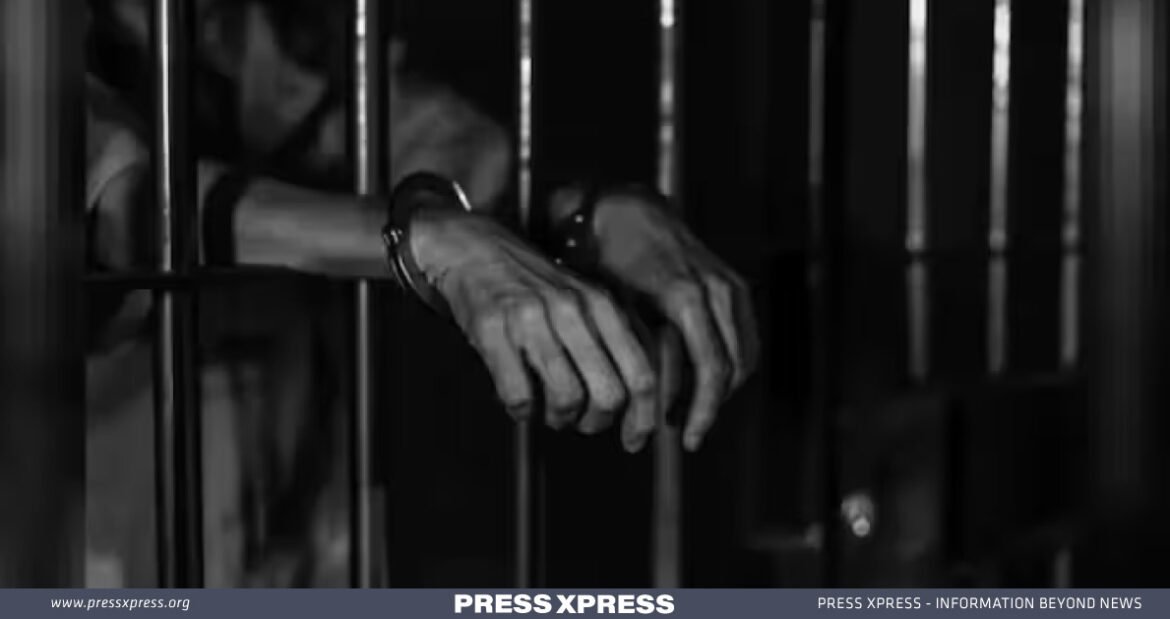A recent verdict handed down by a Dhaka court has stirred controversy and raised questions amidst the political landscape in Bangladesh. 25 leaders and activists affiliated with the Bangladesh Nationalist Party (BNP) and its associated organizations have been sentenced to three years of rigorous imprisonment. The case, filed in 2018 with the Bangshal Police Station in the capital, stemmed from political unrest and violence.
Dhaka Metropolitan Magistrate Mohammad Sheikh Sadi presided over the case, delivering the sentence in absentia of the convicts on a Sunday (11th 2023). Before pronouncement of judgment, the magistrate cancelled their bails and declared them fugitives.
Among the convicted individuals were prominent figures, including Md Taizuddin, president of the Dhaka city unit BNP ward-68 unit, and Razia Alam, also known as Razia Sultana, president of Dhaka South City unit Mohila Dal. Both were implicated in the case.
Case Statement
According to the case statement, involved a gathering led by Taizuddin and other BNP leaders and activists in front of Ahmed Bawani School in the Bangshal area on September 6, 2018. Their rally aimed to demand the release of BNP Chairperson Khaleda Zia. However, events took a violent turn as the gathering resulted in the vandalism of vehicles and the ransacking of shops.
Later, the police filed a case against Taizuddin, Razia, and 23 others at the Bangshal Police Station. After an investigation, a charge sheet was submitted on June 30, 2019. The magistrate formally framed charges against the accused on February 27, 2022, leading to the recent sentencing.
This verdict has sparked debates regarding the fairness of the trial conducted in absentia. Critics argue that justice must ensure the presence of the accused during proceedings to ensure a fair trial. Additionally, concerns about the political undertones of the judgment have surfaced, raising questions about the impartiality of the legal process.
The implications of this verdict are multifaceted. Beyond the immediate legal consequences for the convicted individuals, it adds fuel to the already heated political environment in Bangladesh. The polarization between the ruling party and opposition continues to deepen, with legal proceedings becoming a focal point of contention.
Furthermore, the absence of the convicted leaders during sentencing may amplify the unrest and provoke further demonstrations or reactions from their supporters. This verdict might become a rallying point for the opposition, fueling grievances about alleged political bias within the judicial system.
As this case continues to unfold, it underscores the delicate balance between justice and politics in Bangladesh. The ramifications of this verdict are likely to reverberate across the nation’s political landscape, shaping the discourse and dynamics between different factions in the foreseeable future.
BNP Faces Intense Scrutiny Ahead of Election
As Bangladesh approaches its 12th National Election, all eyes turn toward the Bangladesh Nationalist Party (BNP) under a microscope of scrutiny. Amid the fervent efforts to disrupt the democratic process through a campaign marred by violence, a closer examination unveils a distressing neglect of legal responsibilities and a concerning plunge into disorder.
Unraveling the intricacies enveloping the BNP reveals a narrative characterized by internal discord, a dearth of grassroots backing, and a series of strategic missteps.
BNP’s Recent History Marred by Violence and Contradictions
The recent history of the Bangladesh Nationalist Party (BNP) is marked by its participation in violent acts, notably arson, petrol bomb attacks, and blockades during the tumultuous periods of 2013 and 2015. These actions, characterized by their scale, paint a contradictory picture of the party. While professing to champion democracy, the BNP’s involvement in activities that contradict these professed values is stark.


